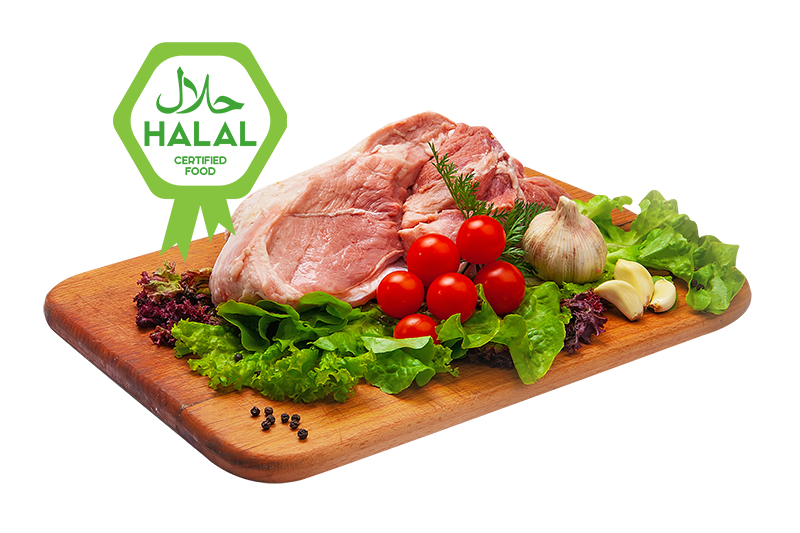This is only to provide you with a basic overview of the meaning of Halal and Haram in Islam. In the modern life and modern food industry, the definition of Halal and Haram becoming increasingly more important. This is a very sensitive topic, and Islam provides the exact details that should be followed by Muslims and the food and beverage industry producing Halal goods.
The Islamic philosophy of Halal and Haram is based on the premise that man as a rational creature is endowed with a free will and therefore has to bear responsibility for his actions in the world and the hereafter. The individual approach to responsibility is reflected, among other things, in the conscious and voluntary observance of the standard code for Halal and Haram.
The interpretations of the word Islam are very diverse one of which is as follows
Subjugation, to keep to the prohibitions and permitted without restraint, to serve ALLAH only sincerely, to believe in what He tells us and to have firm faith in Him.Muslims voluntarily subordinate themselves to the standard code of ALLAH (ta’ala) as their Creator, and they surrender and act according to His rules that can be defined as Islam. Islam is a way of life that encompasses and regulates all areas of human existence and therefore affects all areas of life. Muslims’ observance of the halal norms is, therefore, compulsory not only in the well-known dietary restrictions (pork and alcohol banning) but also in clothing, social, education, and in economy and finance (contracting, banking, insurance, Etc.) as well as in all other daily life works. It is strictly forbidden for Muslims to declare halal as a Haram or to declare Haram as a halal.




